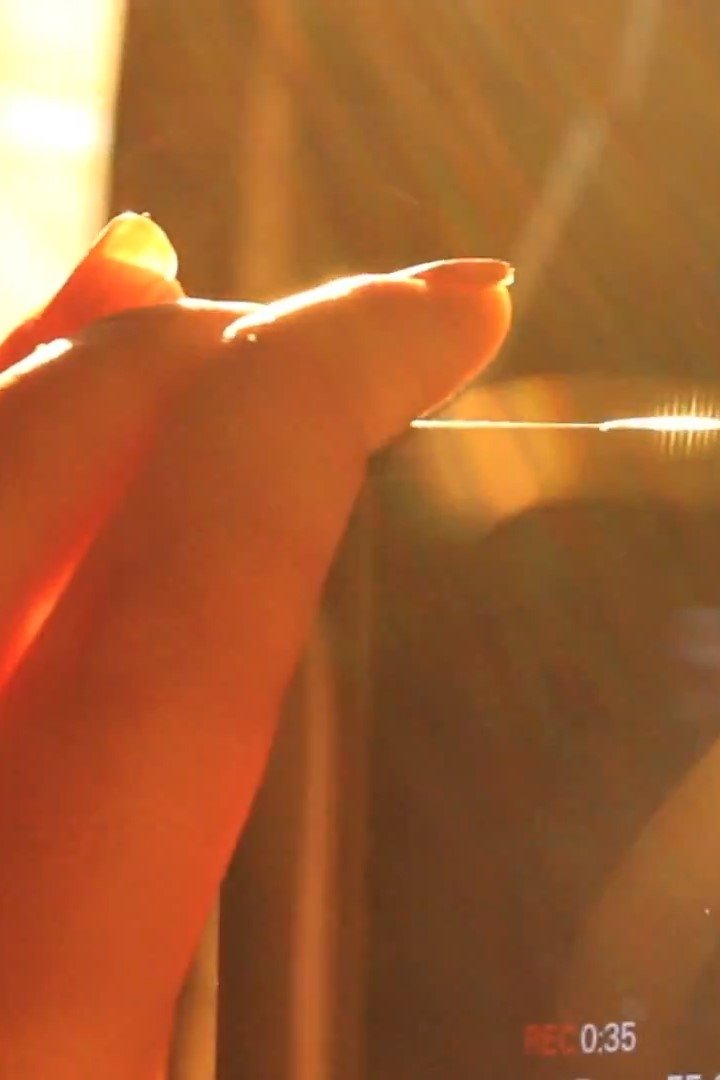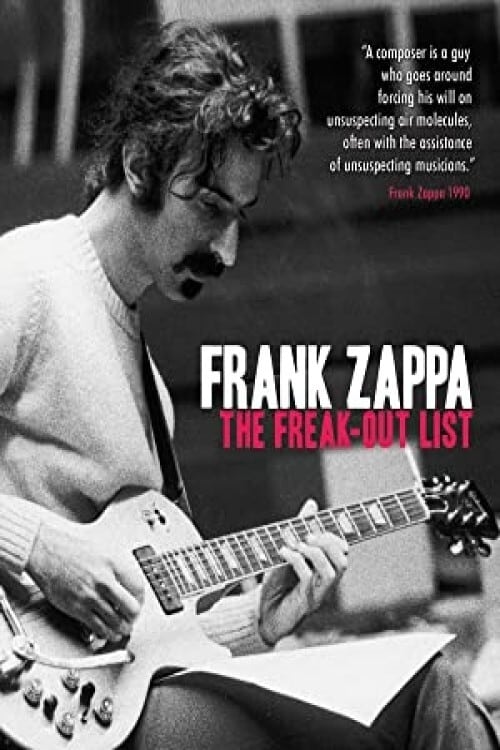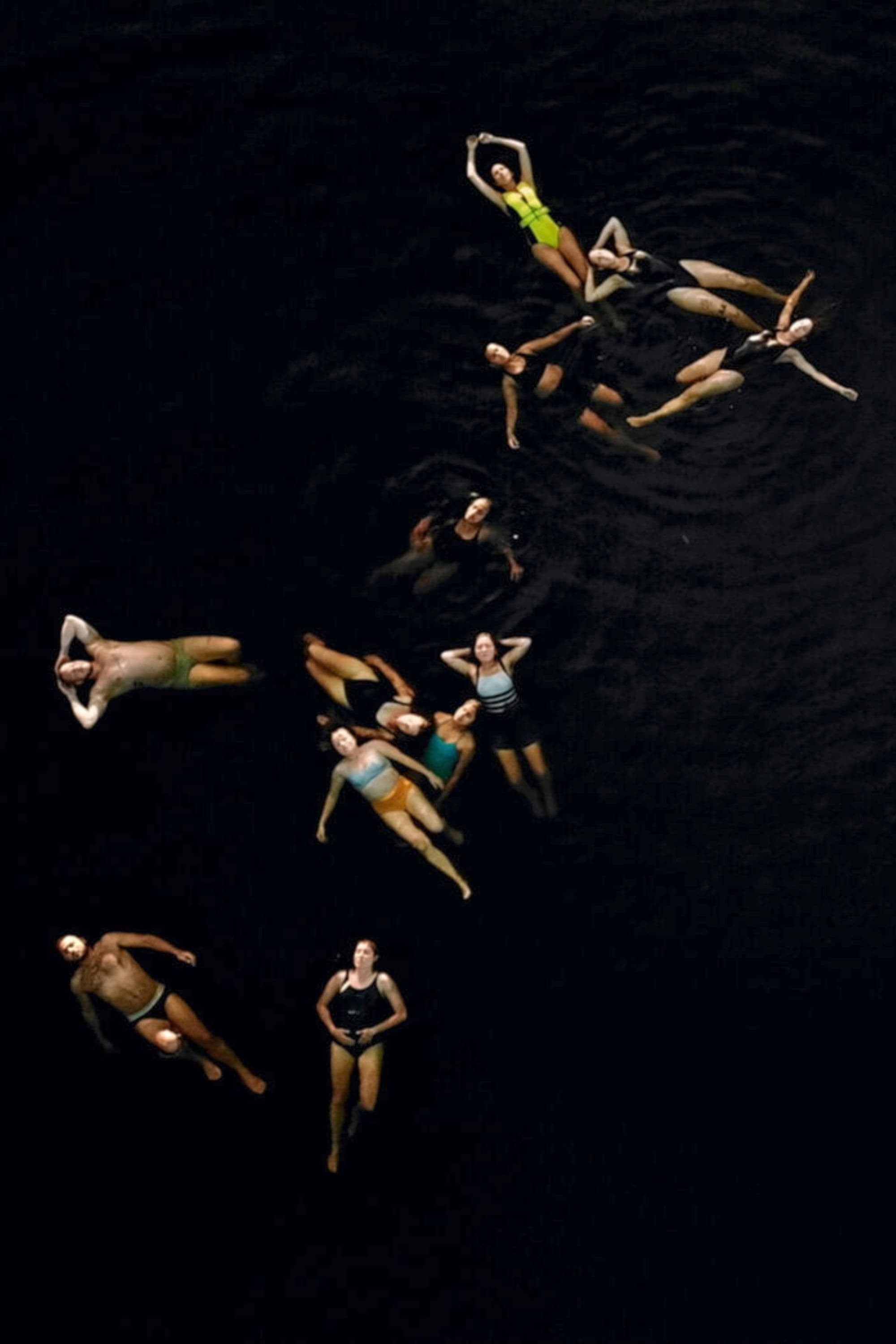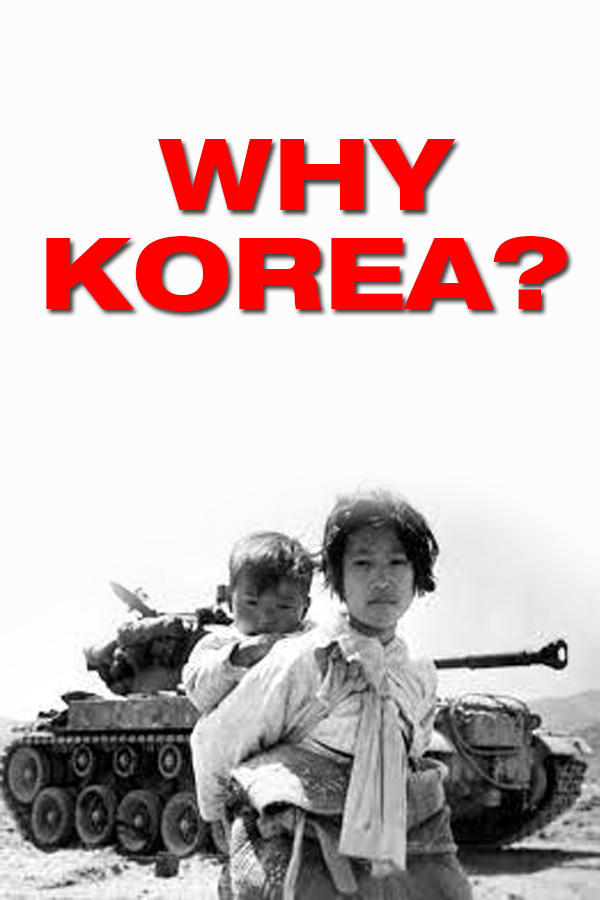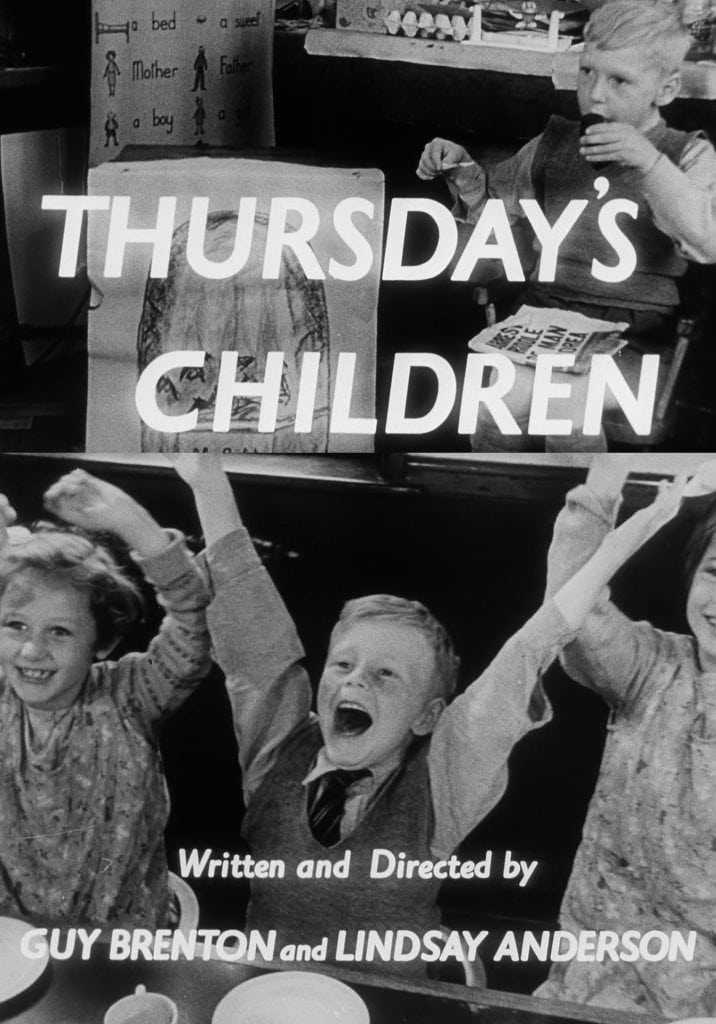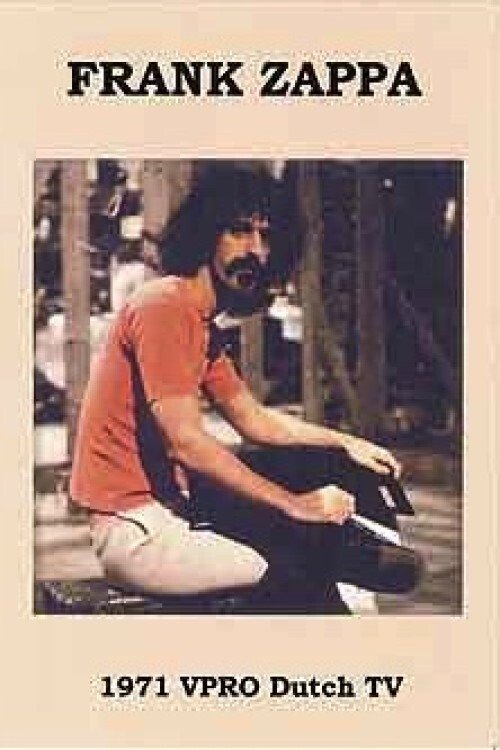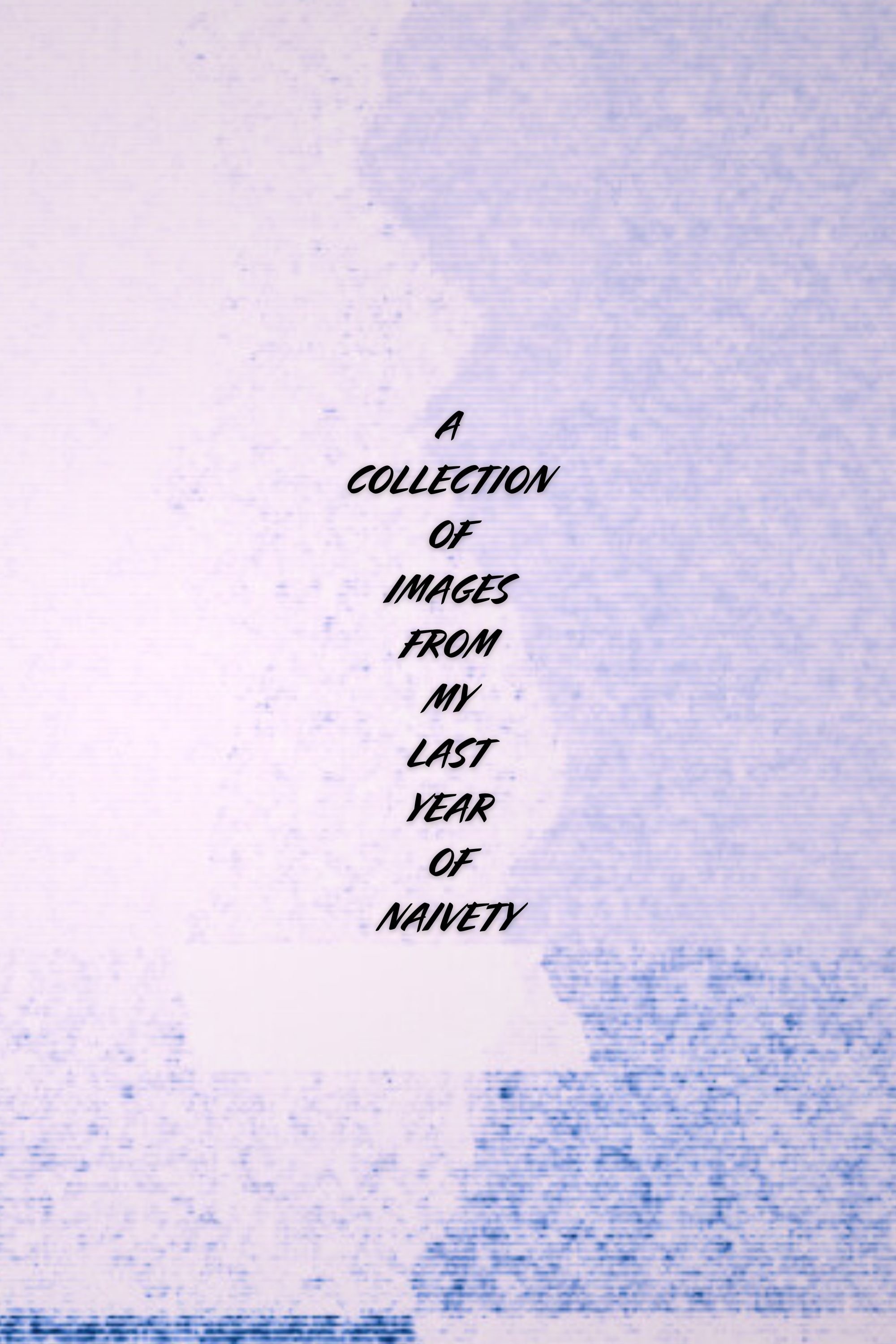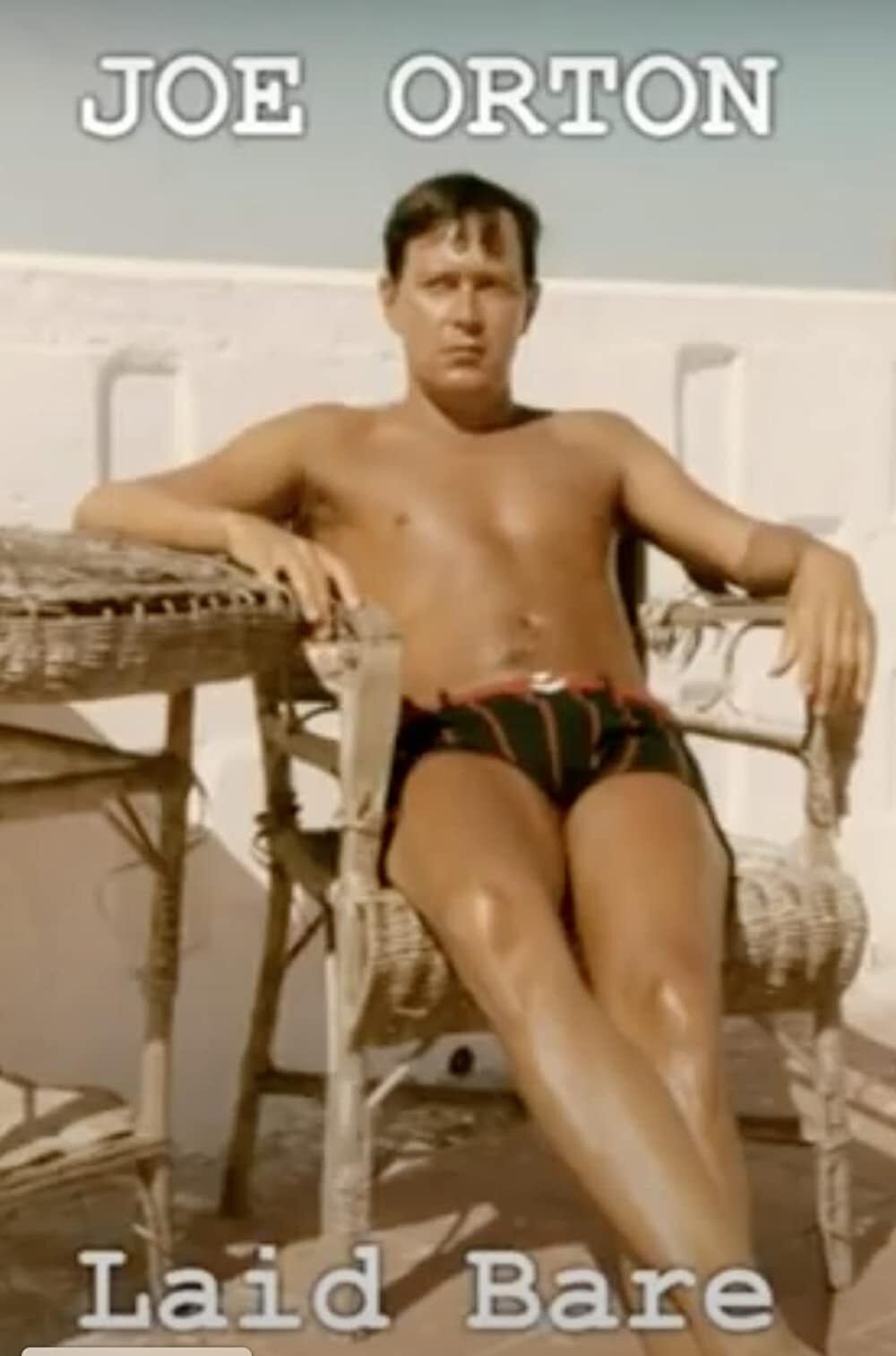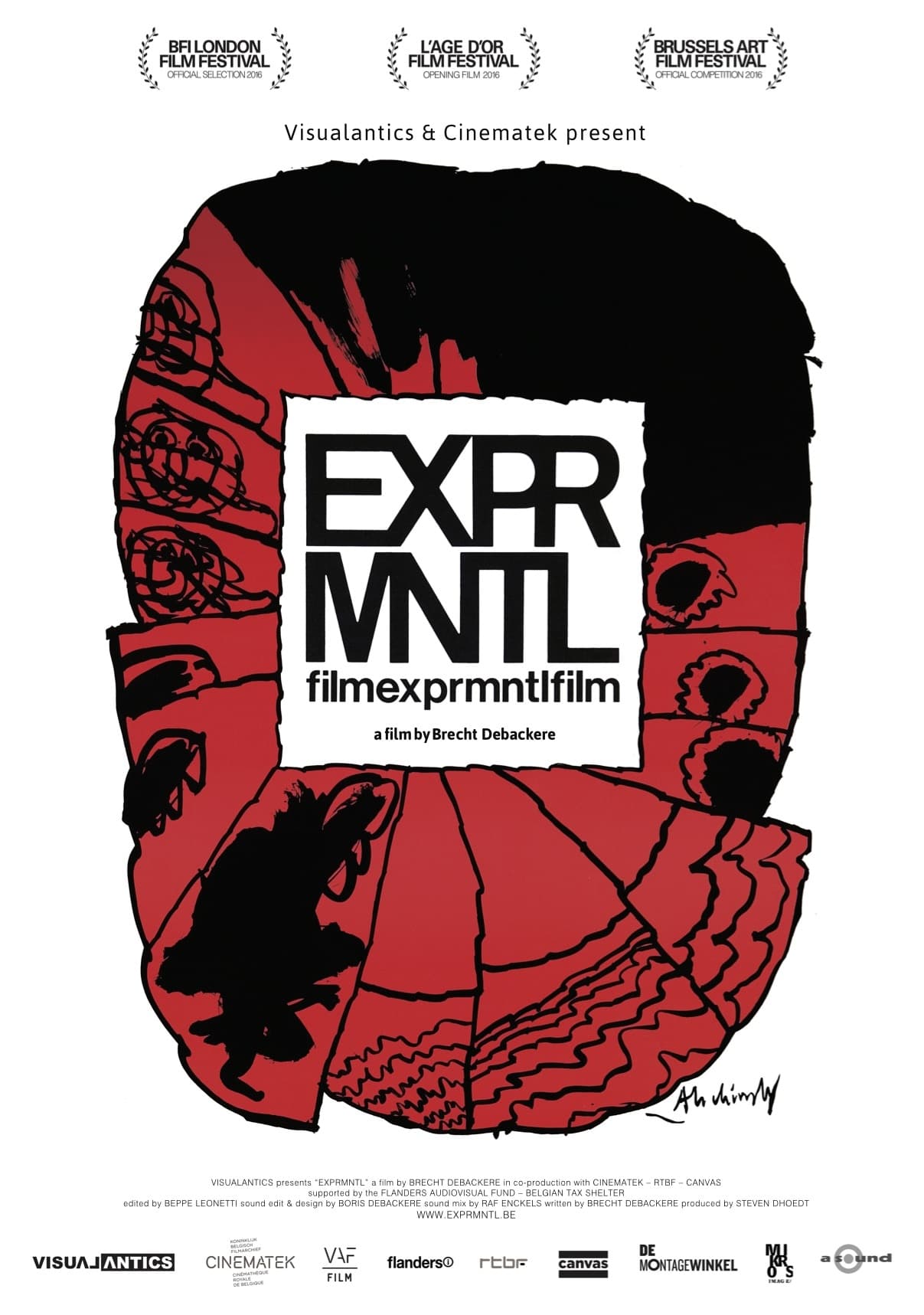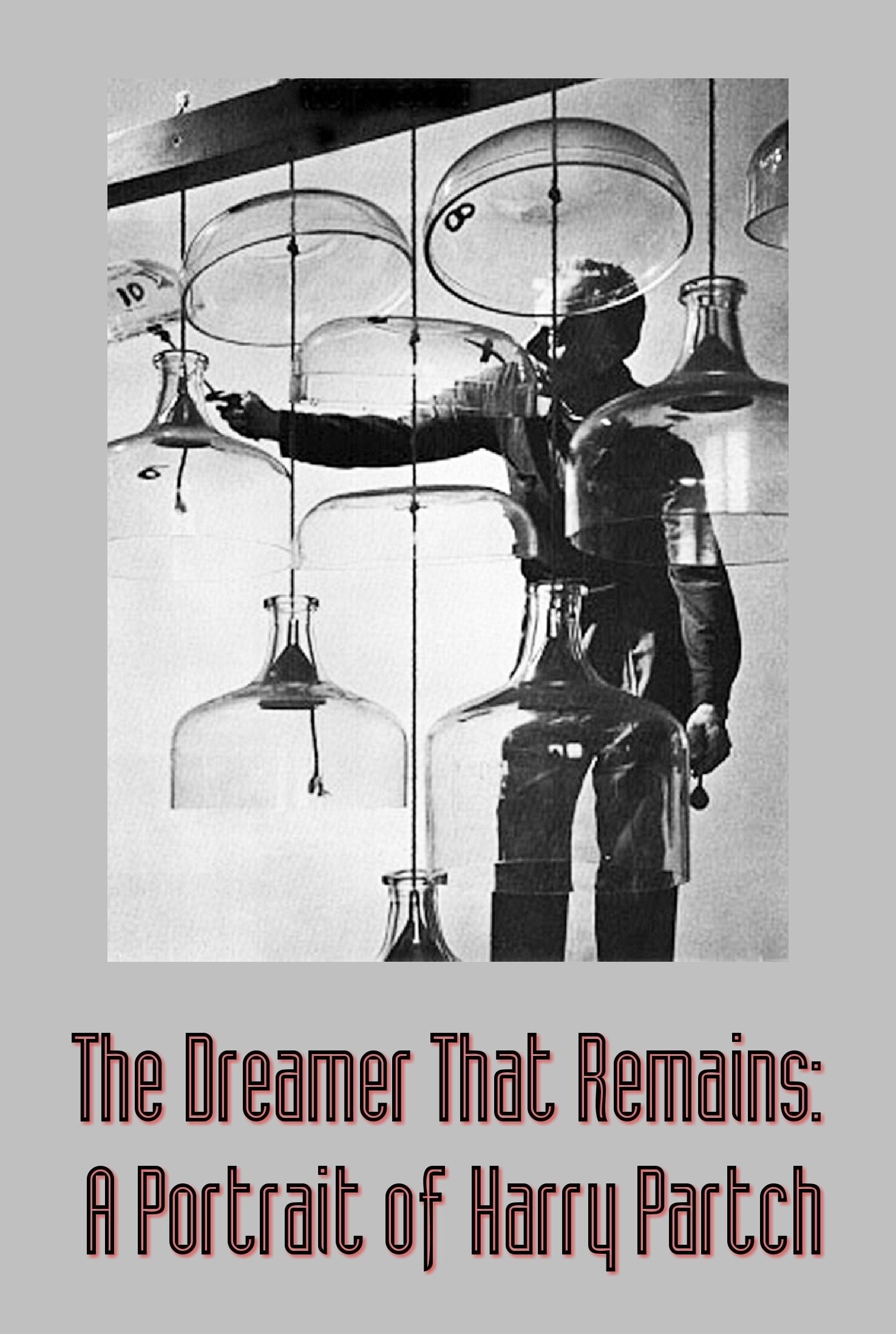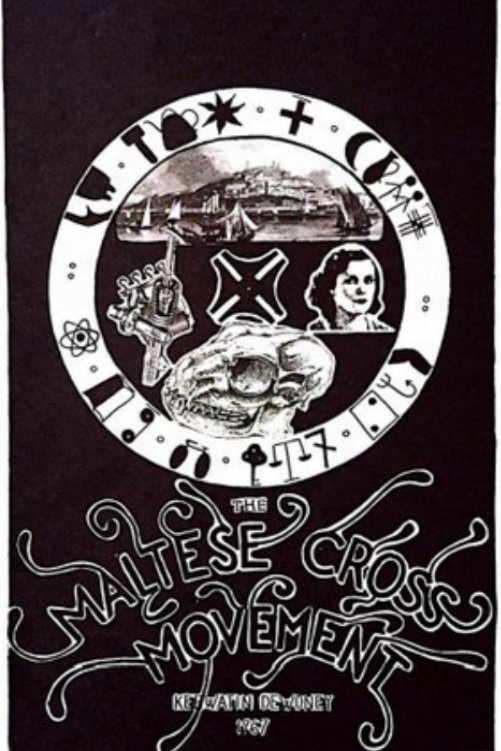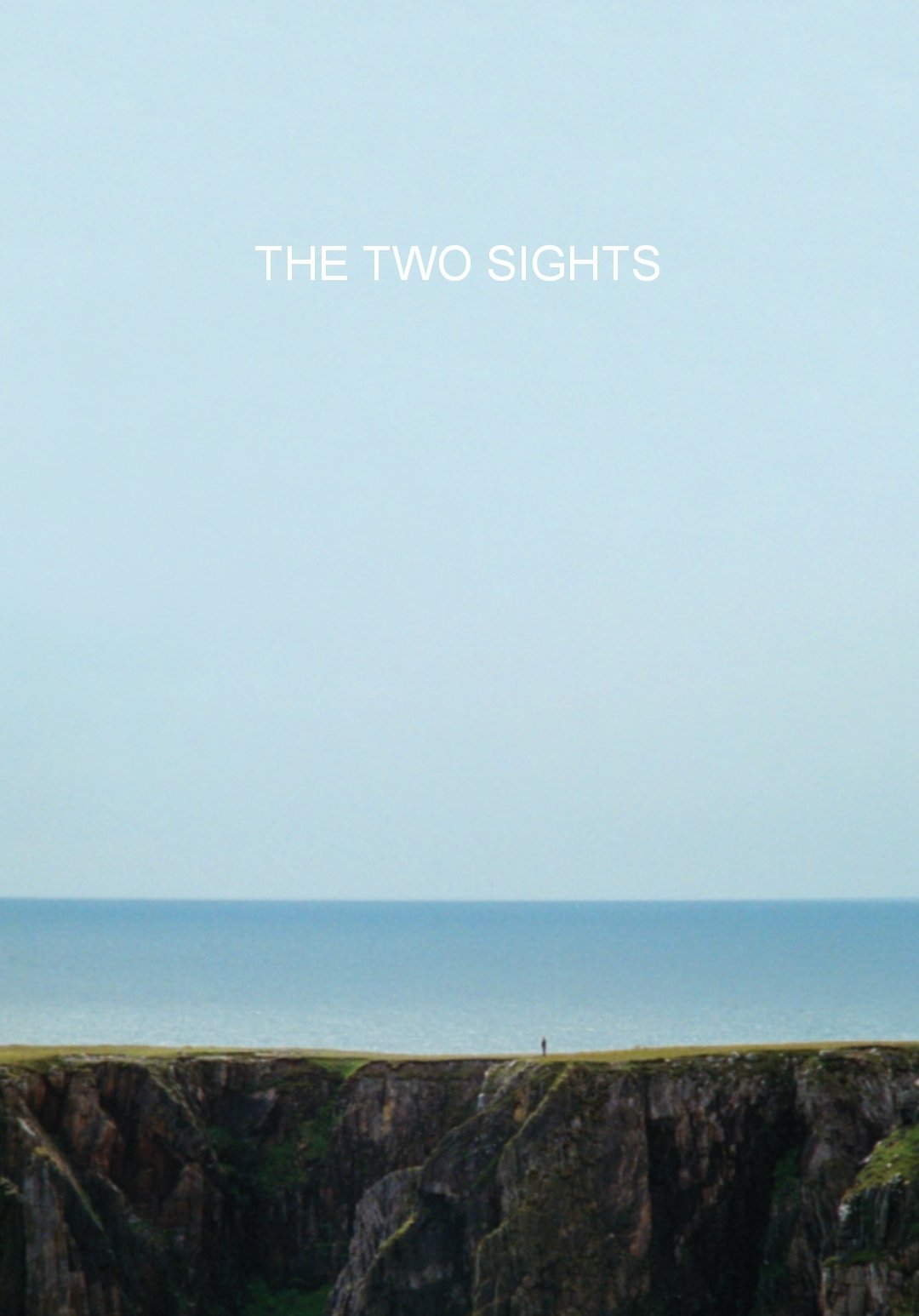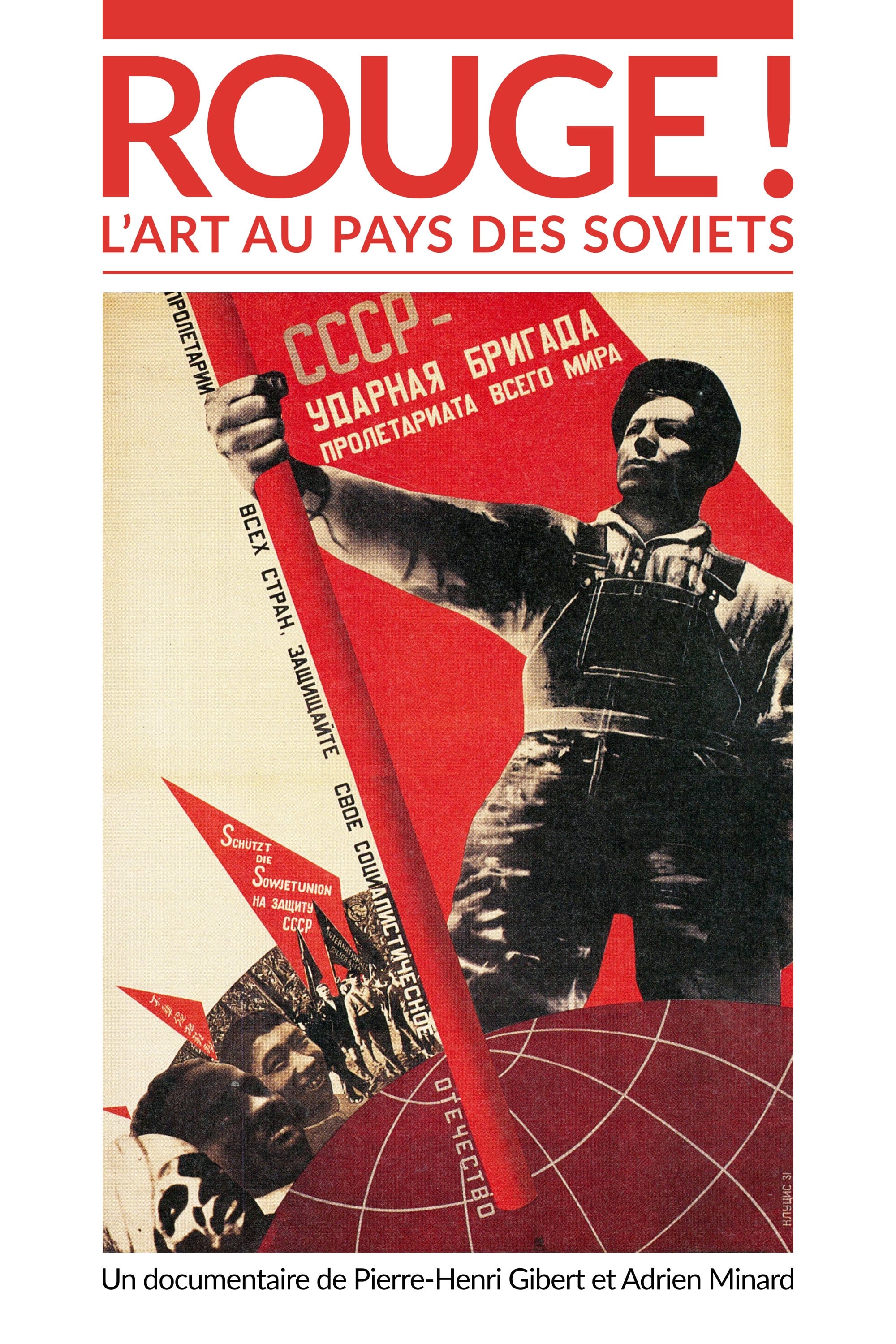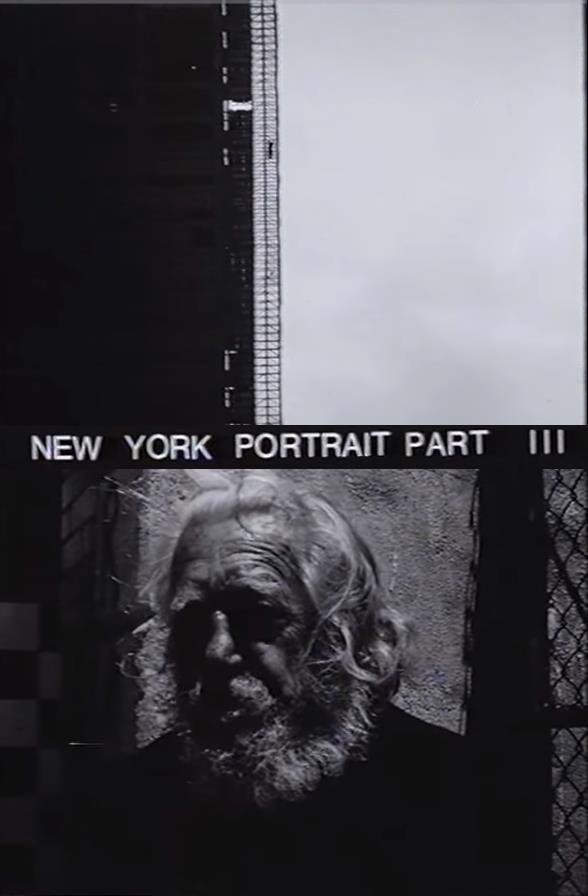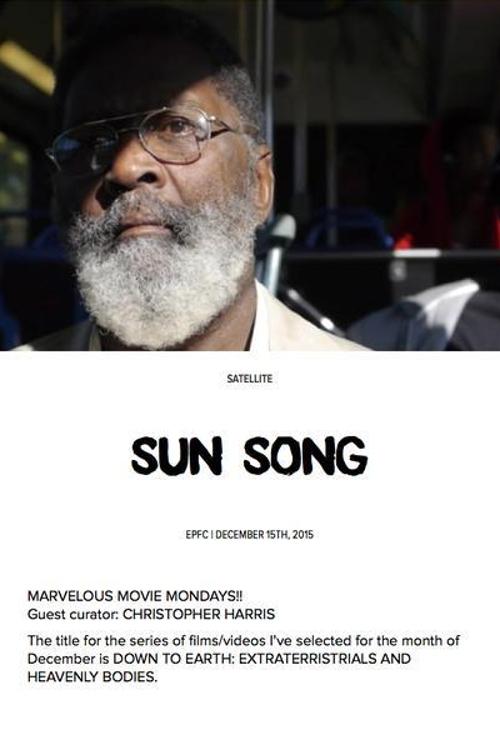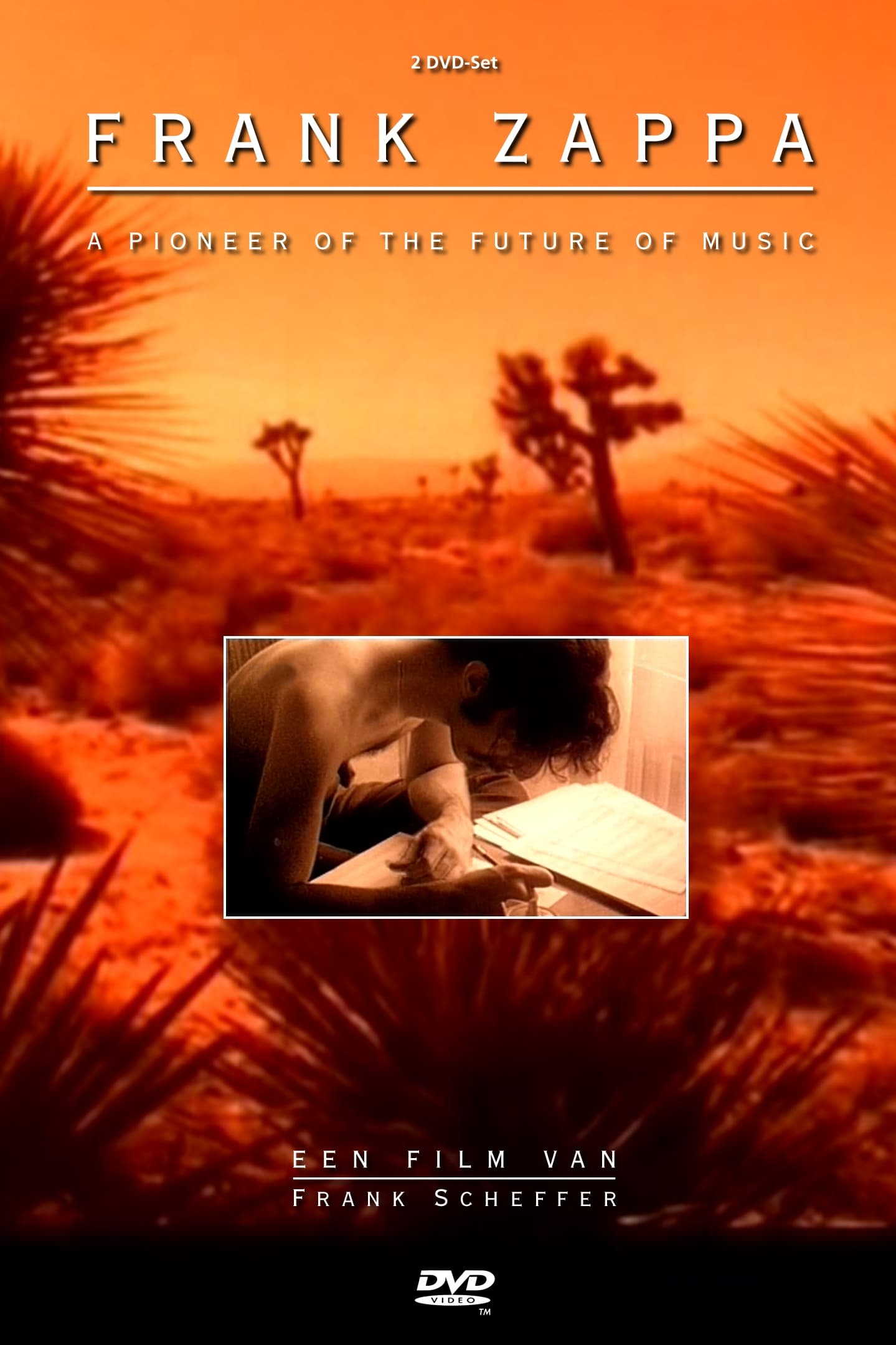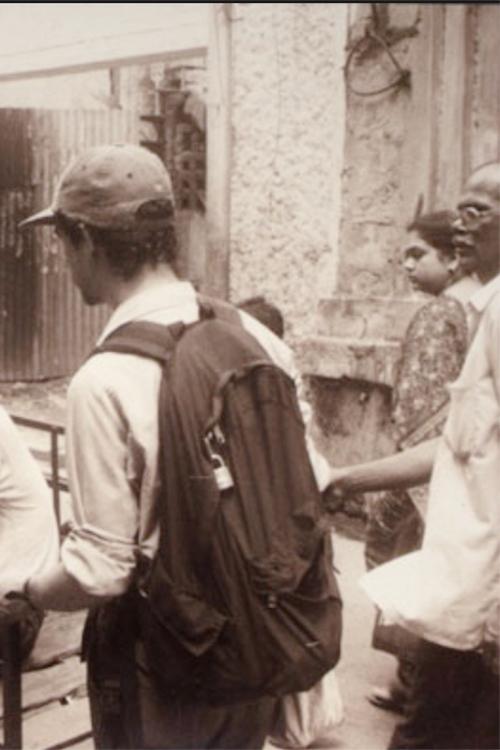
Kolkata (2005)
Overview
A portrait of North Kolkata (Calcutta), this film searches the streets for the ebb and flow of humanity and reflects the changing landscape of a city at once medieval and modern. -Mark Toscano. Preserved by the Academy Film Archive in 2014.
Production Companies
Additional Info
| Budget | $0.00 |
|---|---|
| Revenue | $0.00 |
| Original Language | en |
| Popularity | 0.046 |
Directed By
Mark LaPore
Crew
Mark LaPore
TOP CAST
Similar Movies
Frank Zappa: The Freak Out List
On the liner notes to Freak Out!, the 1967 debut album by Zappa's original band the Mothers of Invention, Zappa listed some seventy-two names on the liner notes and cited them as influences. The Freak Out List intends to explore who these artists are and what influence they had on Zappa's music. This listing encompasses all sorts of music, from classical composer Edgar Varese to R&B star Johnny "Guitar" Watson to jazzman Eric Dolphy to flamenco guitarist Sabicas. You can hear for instance, how the esoteric classical influence of Varese shaped Zappa's long-form epics like "Lumpy Gravy" or how Dolphy's instrumental prowess led Zappa to incorporate jazz-fusion on albums like Weasels Ripped My Flesh! (1970), which even included a song titled "The Eric Dolphy Memorial Barbecue." Interviews with various Zappa biographers and music historians as well as musicians George Duke, Ian Underwood, and Don Preston, all of whom played in the Mothers at one time or another, help add additional context.
Lake
Lake gazes down at a still body of water from a birds-eye view, while a group of artists peacefully float in and out of the frame or work to stay at the surface. As they glide farther away and draw closer together, they reach out in collective queer and desirous exchanges — holding hands, drifting over and under their neighbors, making space, taking care of each other with a casual, gentle intimacy while they come together as individual parts of a whole. The video reflects on notions of togetherness and feminist theorist Silvia Federici’s call to “reconnect what capitalism has divided: our relation with nature, with others, and our bodies.”
Berlin: Symphony of a Great City
A day in the city of Berlin, which experienced an industrial boom in the 1920s, and still provides an insight into the living and working conditions at that time. Germany had just recovered a little from the worst consequences of the First World War, the great economic crisis was still a few years away and Hitler was not yet an issue at the time.
Why Korea?
This film examines the reasons why the United States decided to engage in the Korean War. Scenes describe Russia's attempt to gain power following World War II (Korea included), and its refusal to allow free elections in the country. Footage shows Soviet-backed North Korean troops' movement into South Korea on June 25, 1950, the United Nations' response, and the armed struggle against both North Korean and later Chinese troops led by General Douglas MacArthur. Preserved by the Academy Film Archive in partnership with Twentieth Century Fox Film Corporation in 2005.
Thursday's Children
Won the Academy Award for the Best Documentary Short of 1954. The subject deals with the children at The Royal School for the Deaf in Margate, Kent. The hearing-handicapped children are shown painstakingly learning what words are through exercises and games, practicing lip-reading and finally speech. Richard Burton's calm and sometimes-poetic narration adds to the heartwarming cheerfulness and courage of the children. Preserved by the Academy Film Archive in partnership with British Film Institute in 2005.
Frank Zappa
The Documentary centers around Zappa at home, and on Tour. The amazing thing is that Zappa allowed a guy with a camera to film the band at the Fillmore West w/ Flo and Eddie. There are times when the camera man seems to be on the stage. The performance is recorded from only one camera angle. There are only 4-5 songs presented here.....and Zappa referring to the Fillmore West as the ‘Psychedelic Dungeon’ is priceless………..It is a great piece of history.
A Collection of Images From My Last Year of Naivety
Three weeks to make three films. Filmed in my last semester before College. "Time", "One Night", "8x8".
Primary
Primary is a documentary film about the primary elections between John F. Kennedy and Hubert Humphrey in 1960. Primary is the first documentary to use light equipment in order to follow their subjects in a more intimate filmmaking style. This unconventional way of filming created a new look for documentary films where the camera’s lens was right in the middle of what ever drama was occurring. Preserved by the Academy Film Archive in partnership with The Film Foundation in 1998.
Frank Zappa: New York and Elsewhere
Frank Zappa: New York & Elsewhere is an Austrian released TV documentary directed in 1980 by Rudi Dolezal and Hannes Rossacher, aka DoRo productions, who are most popular for their work with Queen.
Joe Orton Laid Bare
Exploring the wit, work and world of Joe Orton through his own words, and the testimony of those who knew him and worked with him.
EXPRMNTL
Knokke, Belgium. A small mundane coastal town, home to the beau-monde. To compete with Venice and Cannes, the posh casino hosts the second ‘World Festival of Film and the Arts’ in 1949, organised in part by the Royal Cinematheque of Belgium. To celebrate cinema’s 50 year existence, they put together a side program showcasing the medium in all its shapes and forms: surrealist film, absolute film, dadaist films, abstract film,… The side program would soon become a festival in its own right: ‘EXPRMNTL’, dedicated to experimental cinema, and would become a mythical gathering of the avant-garde…
The Dreamer That Remains: A Portrait of Harry Partch
The Dreamer That Remains is a documentary produced by Betty Freeman and directed by Stephen Pouliot in 1972. Here is the director’s original cut along with his commentary. If you’ve never seen Partch or his instruments before, this is the place to start.
The Maltese Cross Movement
The film reflects Dewdney's conviction that the projector, not the camera, is the filmmaker's true medium. The form and content of the film are shown to derive directly from the mechanical operation of the projector - specifically the maltese cross movement's animation of the disk and the cross illustrates graphically (pun intended) the projector's essential parts and movements. It also alludes to a dialectic of continuous-discontinuous movements that pervades the apparatus, from its central mechanical operation to the spectator's perception of the film's images... (His) soundtrack demonstrates that what we hear is also built out of continuous-discontinuous 'sub-sets.' Preserved by the Academy Film Archive in 2009.
Sam in the Bag
While Trevor and Sam are smoking pot, Trevor’s mom comes home. When she finds out, Trevor reveals his father’s adulterous ways and destroys his family.
The Two Sights
Explore the disappearing tradition of second sight in the Outer Hebrides of Scotland. As we listen to locals' accounts of haunting experiences—phantom horses, ghost voices and other supernatural phenomena—Joshua Bonnetta connects their testimonies with 16mm images and a sonic montage of the physical and aural environment of these enchanted islands.
New York Portrait, Chapter III
"[Hutton’s] latest urban film, New York Portrait, Chapter III, takes on a unique tone in relation to Hutton’s ongoing exploration of rural landscape. The very fact that Hutton is dealing with older footage, with archives of memory more than immediacy, gives it a different texture than his earlier New York films. Hutton always found the presence of nature in the city, not only in his many shots of sky and vegetation, but also in the geometry and texture of the city itself, which seemed to project an independence from the human." (Tom Gunning)
Frank Zappa: A Pioneer of the Future of Music
Frank Scheffer's (collage like) documentary on the American composer and rock guitarist Frank Zappa, as broadcast by VPRO in the Netherlands April 22,2007. Most of what’s on here is seen before, particularly in Roelof Kier’s 1971 documentary and/or Scheffer’s own documentary “A present day composer refuses to die”. But there is some new stuff too, particularly interviews with Denny Walley, Haskell Wekler, Elliot Ingber and Bruce Fowler.
